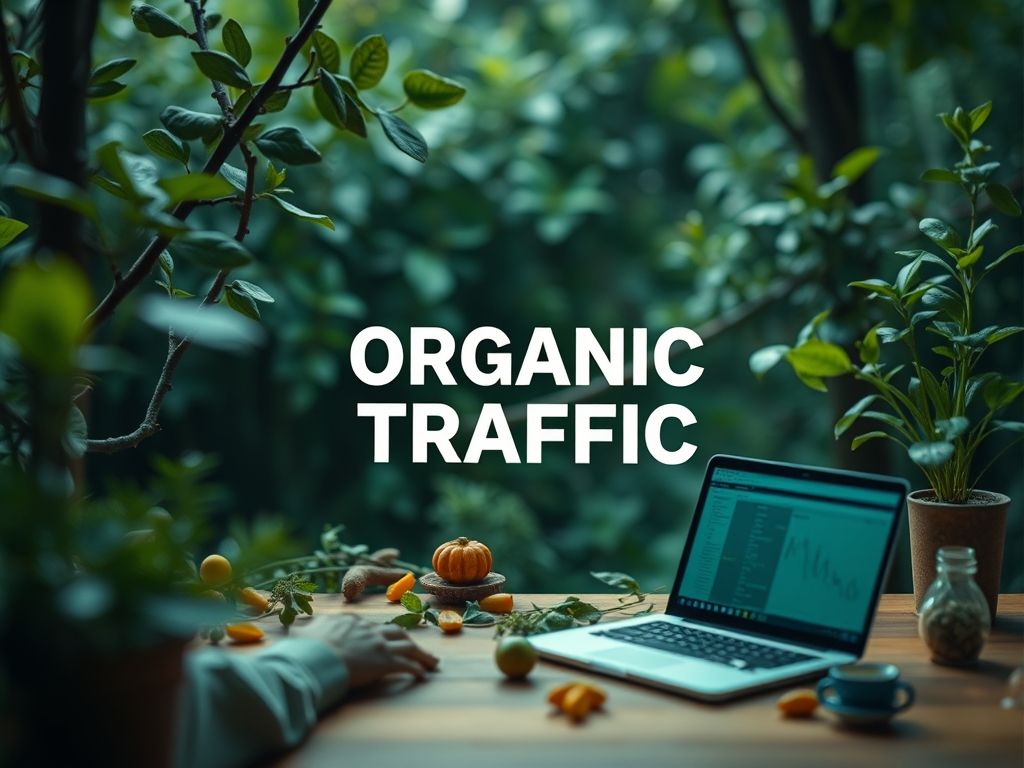Understanding Organic Traffic
Organic traffic refers to the visitors that land on your website as a result of unpaid search results. It is a vital component of digital marketing, as it signifies users who find your site through search engines like Google, Bing, or Yahoo, without clicking on paid advertisements. Unlike paid traffic, organic traffic is generated through effective search engine optimization (SEO) strategies, quality content, and user engagement.
The Importance of Organic Traffic
In the ever-evolving world of digital marketing, understanding organic traffic is crucial for several reasons:
- Cost-Effectiveness: Unlike paid advertising, organic traffic does not require a financial investment for each click, making it a more sustainable marketing strategy.
- Trust and Credibility: Users tend to trust organic search results more than paid ads, as they perceive them as more relevant and reliable.
- Long-Term Results: While it may take time to build organic traffic, the results are often long-lasting, as opposed to the immediate but fleeting nature of paid campaigns.
- Higher Click-Through Rates (CTR): Studies show that organic search results typically have higher click-through rates compared to paid ads.
How is Organic Traffic Generated?
Generating organic traffic involves several key strategies and techniques, including:
- Search Engine Optimization (SEO): Optimizing your website for search engines involves using relevant keywords, enhancing site speed, and ensuring mobile-friendliness.
- Content Marketing: Creating valuable, informative, and engaging content that meets the needs of your target audience can significantly impact your organic traffic.
- Social Media Engagement: Sharing your content on social media platforms can drive traffic back to your website.
- Link Building: Earning backlinks from reputable sites can improve your site’s authority and visibility in search engine results.
Measuring Organic Traffic
Understanding how to measure organic traffic is essential for assessing your digital marketing efforts. Here are several tools and metrics you can use:
- Google Analytics: This free tool provides detailed insights into your website’s traffic, including the sources of organic traffic.
- Search Console: Google’s Search Console allows you to monitor your site’s presence in Google search results and provides data on search queries leading to your site.
- CTR and Bounce Rates: Monitoring these metrics can help you understand how well your site retains visitors and captures their interest.
Practical Applications of Organic Traffic
Understanding and leveraging organic traffic can have immediate benefits for businesses and individuals looking to enhance their online presence. Here are some practical applications:
- Improving Content Strategy: By analyzing which content drives the most organic traffic, you can refine your strategy to focus on high-performing topics.
- Enhancing User Experience: Insights from organic traffic analytics can guide you in improving site navigation and user engagement.
- Targeting Niche Markets: Organic traffic allows businesses to reach specific audiences through tailored content and SEO efforts.
Related Concepts
Understanding organic traffic is also interconnected with several other key digital marketing concepts:
- PPC (Pay-Per-Click): While organic traffic focuses on unpaid search results, PPC involves paid advertising to generate traffic.
- Content Marketing: The creation of high-quality content is essential for attracting organic traffic.
- SEO: Search Engine Optimization is the primary method for increasing organic traffic.
Conclusion
In conclusion, organic traffic is a fundamental aspect of digital marketing that not only drives website visits but also builds trust and credibility with users. By implementing effective SEO strategies, creating valuable content, and actively engaging with your audience, you can significantly enhance your organic traffic. This not only leads to higher visibility but also fosters long-term relationships with your visitors.
As you explore the digital landscape, consider how you can implement these strategies to boost your organic traffic. Reflect on your current practices and think about how optimizing for organic search can transform your online presence.









